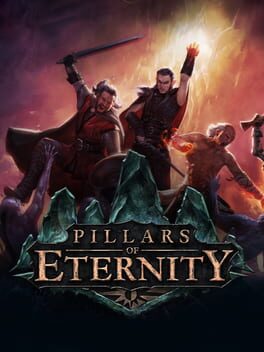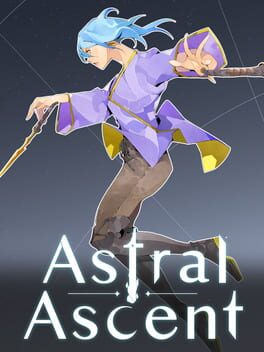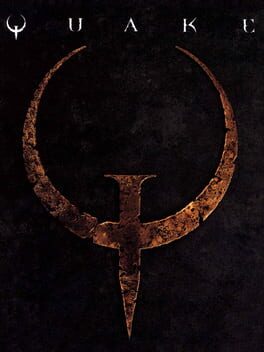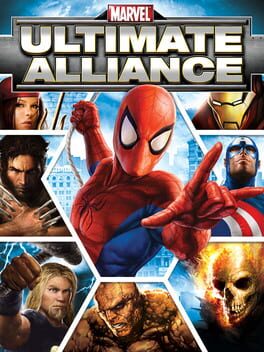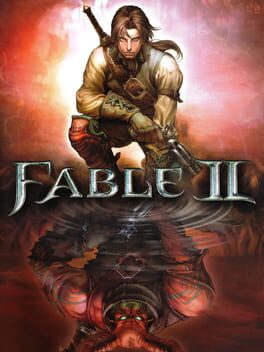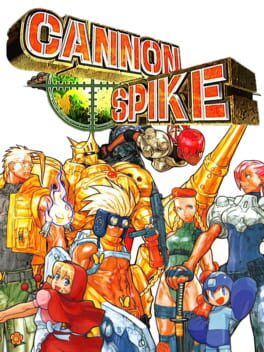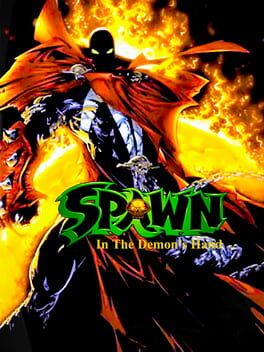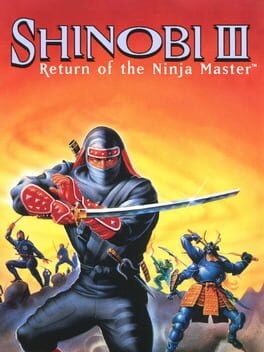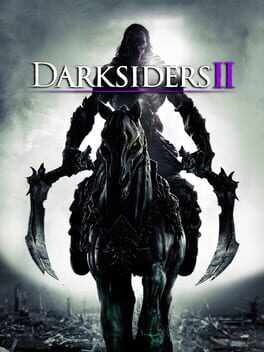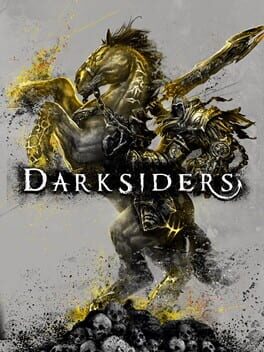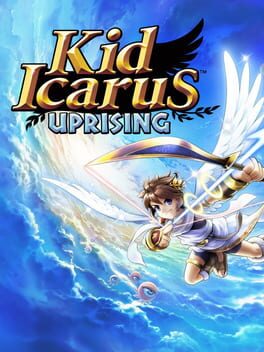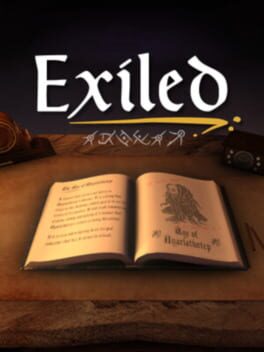AgentSandgoose
2015
In the world of CRPGs, Pillars of Eternity has it all. Satisfying and thoughtful combat, a ludicrously detailed world rich with history and layered characters, and a somber, heady narrative where the very foundations of the fantasy genre are turned on their heads. There is a sickness eating at the world of Eora, and the secrets you dig up on the path to cure it are devastating.
This game is wordy, complicated, difficult to get into, and overflowing with disparate mechanics holding together its convoluted combat system. But once you're stuck in, there's so much to explore with this game. It's a marvel.
This game is wordy, complicated, difficult to get into, and overflowing with disparate mechanics holding together its convoluted combat system. But once you're stuck in, there's so much to explore with this game. It's a marvel.
2022
An enjoyable action roguelike with satisfying combat underscored by spectacular pixel animation. I found the sheer number of upgrade systems, unlocks, difficulty modifiers and talent trees a little overwhelming, but I can see how someone might really click with that much breadth. The UI is also a bit clunky, especially in co-op. Beyond that, Astral Ascent is a fresh take on the formula with a lot of content and excellent boss encounters.
1996
A sublime FPS with its DNA lying dormant in nearly every major shooter to come for the next two decades. If Doom is all guts and glory, Quake is dread and disaster. The game’s aesthetic is a delirious blend of cosmic horror, swords and sorcery, and inscrutable sci-fi technology. Every gun smacks. Every episode smacks. Secret missions and Quad Damage power ups reward persistent exploration, and the hidden Nightmare difficulty is a pure shot of adrenaline up there with the best FPS campaigns of all time. If you like shooter games, you should play Quake.
1992
The game has a rich atmosphere and pleasant aesthetic, but it carries all the frustration of early Metroidvania level design with few of the positives. Levels are arcane, rarely fun, and made stressful to explore by the need to constantly refill oxygen (until you get the right upgrade, anyway). The final level and boss encounter is a terrifying and awesome sight for the Genesis, but a great example of how this game is more fun to look at than actually play.
2008
At first, I didn’t know what to make of Fable II. But the more I played it, the more I couldn’t get enough of its bizarre hybrid of lite-RPG mechanics and life sim leanings. It’s a classic RPG hero’s story in wide shot that lets you shape huge swathes of the world. Or you can just hurl lightning bolts at strangers and fart in their eyes. There’s really nothing quite like it.
2000
Credits for being a good Spawn game, but it’s genuinely weird as hell. It’s like if Power Stone was obscenely ugly and the camera never knew where it ought to be. The combat is janky, but once you know how to wrangle the control scheme, it’s satisfying enough. I imagine this one slaps in local multiplayer.
2012
Darksiders II embraces RPG elements with mixed results. All the strengths of the original game remain with some welcome polish applied, but sorting through incremental loot upgrades and sprawling dialog trees gets in the way of the action more than it accentuates it. Still a charming and fun ride, but lacks the focus of its predecessor.
2010
Darksiders is a good merging of linear action-adventure with some light spectacle fighter elements to keep combat fresh. The game stands out and has become a personal favorite because of Joe Madureira’s exceptional art direction and a macho comic book plot that embraces the rule of cool above all else.
2012
"Owowowowww, the game hurts my hands!" Has it dribbled anywhere in-between your simpering pauper neurons that maybe your hands are simply not powerful enough for Kid Icarus: Uprising?
In all seriousness, the controls are rough. That's the only negative point against a game that takes the on-rails shooter to new heights. It uses the genre's fixed timing and perspective to launch you through environments with all the flair and chaos of a theme park ride. The game is stuffed with priceless dialog and is overall just a pitch-perfect reinvention of Kid Icarus. It's a real shame there's been no port or follow-up to speak of.
In all seriousness, the controls are rough. That's the only negative point against a game that takes the on-rails shooter to new heights. It uses the genre's fixed timing and perspective to launch you through environments with all the flair and chaos of a theme park ride. The game is stuffed with priceless dialog and is overall just a pitch-perfect reinvention of Kid Icarus. It's a real shame there's been no port or follow-up to speak of.
2014
2024
This review contains spoilers
This game is effectively one pretty easy, moderately long puzzle. But if you focus on solving it without looking up for too long, the monster stalking you will kill you. This concept is simple enough -- and the game is over within an hour -- but it works so well. Splitting your attention between the puzzles and the monster makes the scares more harrowing and the puzzle-solving more tense.
2024
Offbeat horror goodness. I appreciated the way this game explores lighting as a resource of sorts for the player, like Doom 3 before the BFG edition stapled your flashlight to your gun. Scout areas with your light-emitting bullets and keep track of enemies in the dark, or die. It's thrilling, but shorter than the concept deserves, I think.
